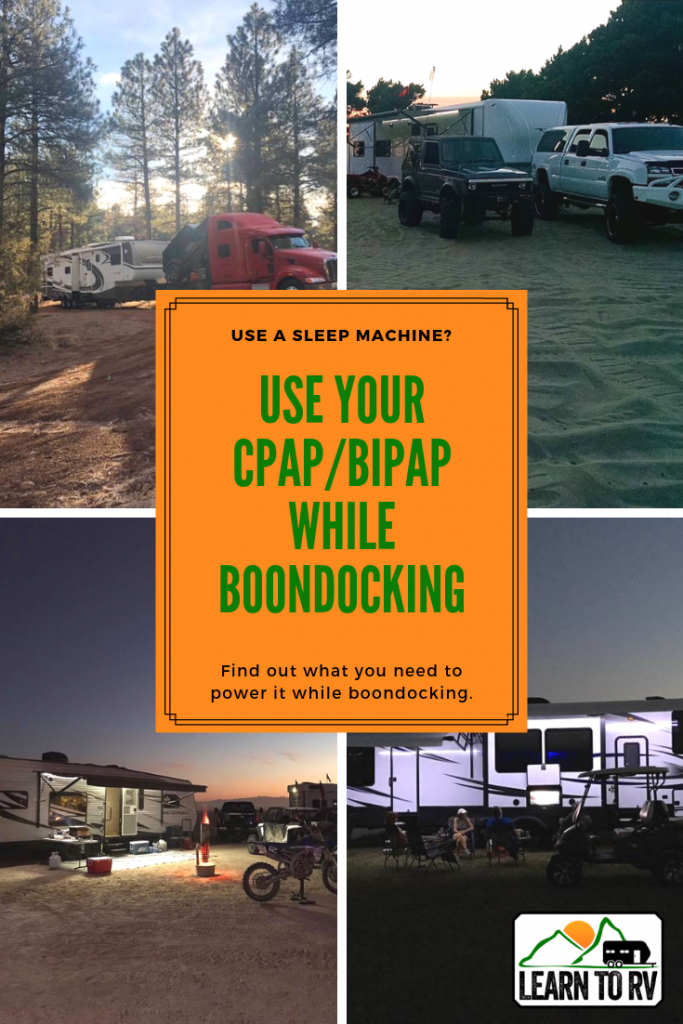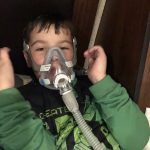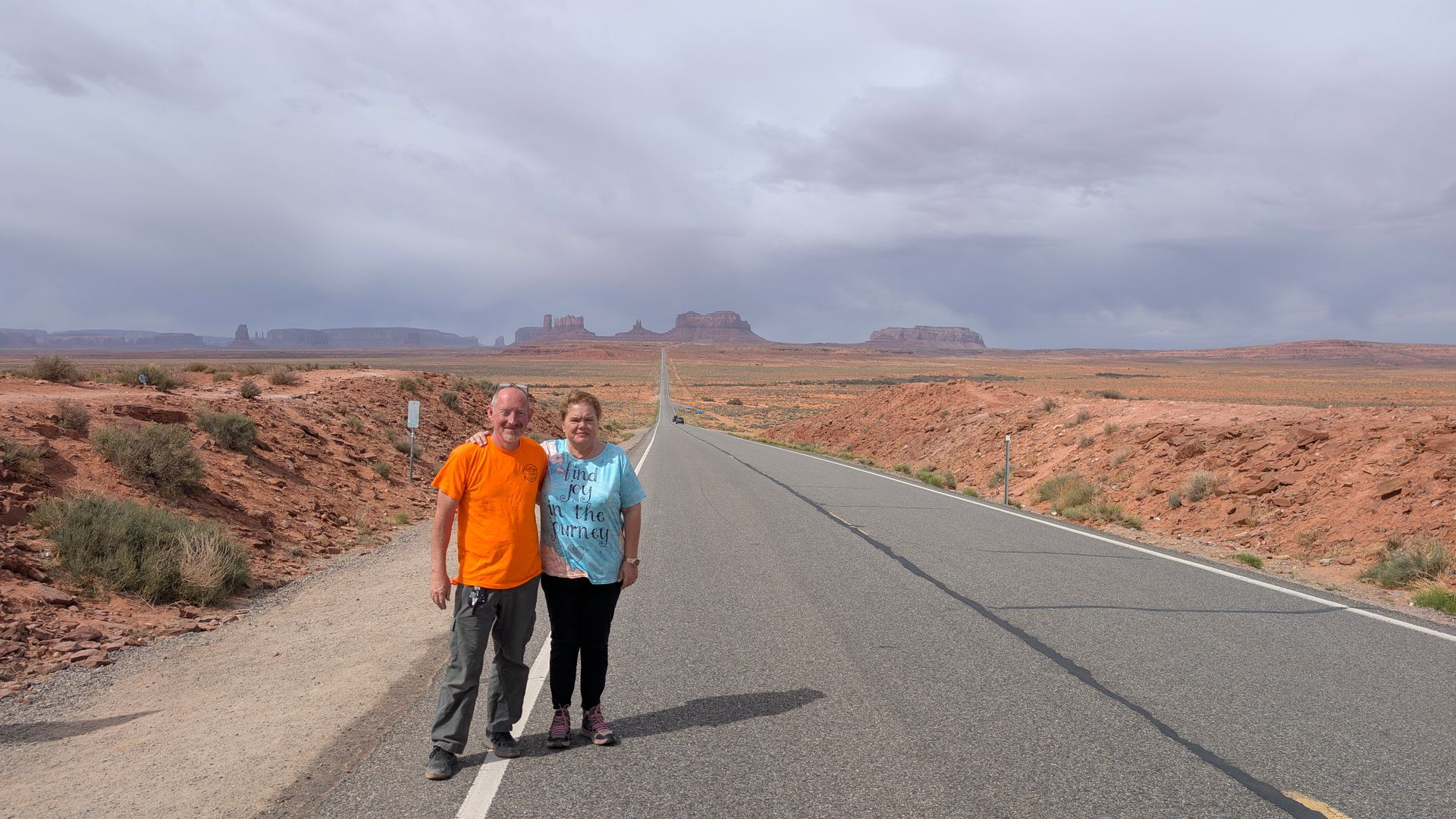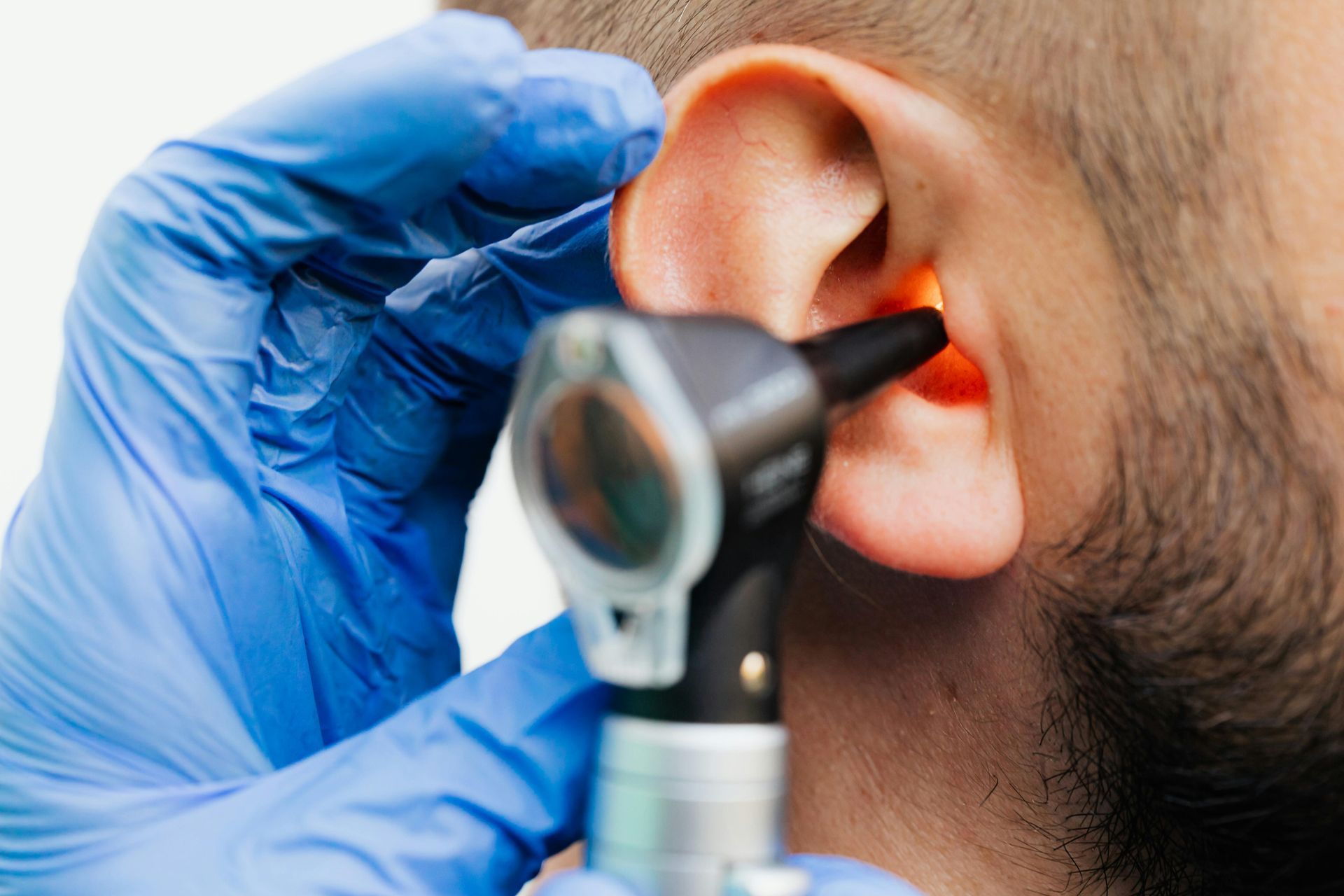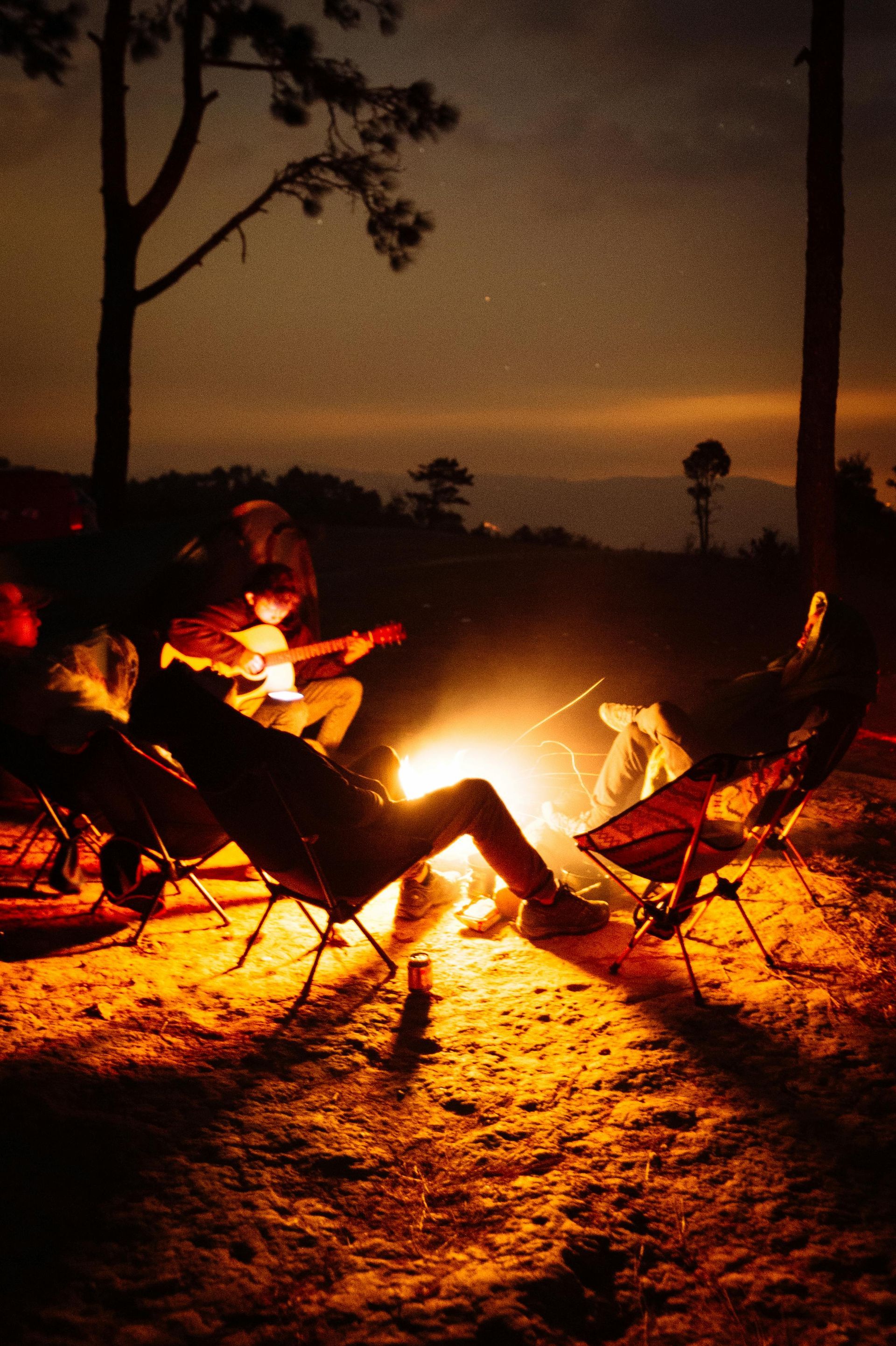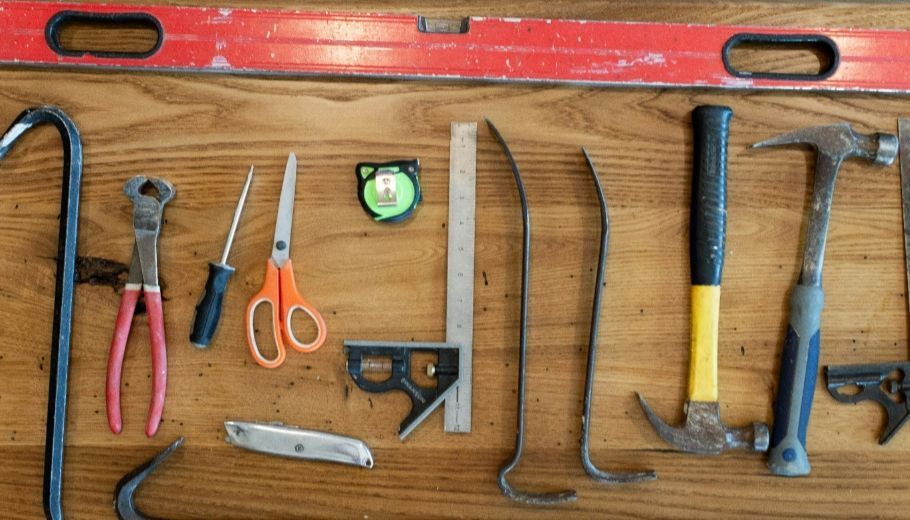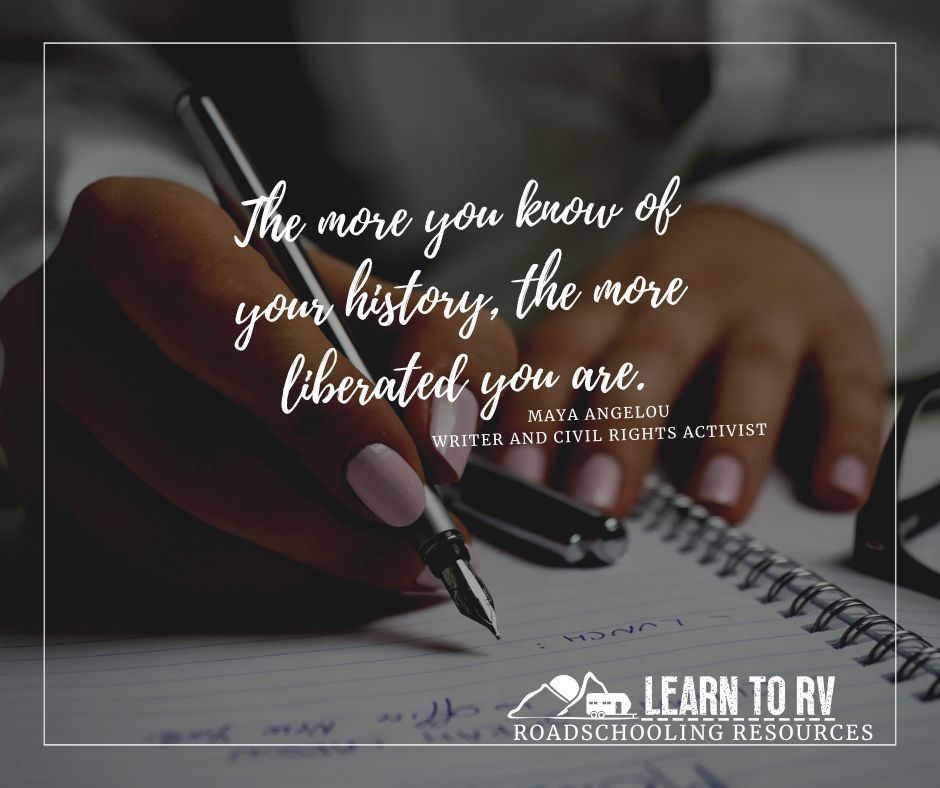Boondocking & CPAP/Bipap Machines
Doug S • April 25, 2025
I’m a 10+ year user of my CPAP machine (well, now a BiPAP machine). I can honestly say that without it I’d likely be dead from a car accident from falling asleep at the wheel. When I finally got tested, I couldn’t drive more than 10 minutes without nodding off.
So, not using my CPAP machine while boondocking isn’t an option. It’s a must for me.
Powering the CPAP/BiPAP Machine
You can either power the machine natively using battery power or providing it with 120v power. Let’s look at those options…
Battery Power
Most CPAP/Bi-Pap machines run off of 12-24 volts. If that’s the case, the “brick” on the power cord will tell you what it’s outputting.
Using the RV Battery
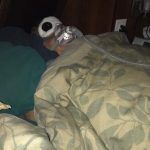
CPAP makers offer cord sets for you; typically it seems they have a 12v cigarette style plug on them. Some of them are pretty expensive.
If you’re not afraid of DIY and understand electricity a bit, you can make one yourself.
Natively using 12v is the most efficient solution. But, the solution is machine specific and I can’t really give you a whole lot of details for what you need.
CPAP Battery Pack
The other option is buying a battery dedicated to the CPAP/BiPAP machine. There are few products out there. Think of it much like the portable battery chargers for phones but with the appropriate voltage and ends for plugging directly into your CPAP.
From the specs, it looks like you might get 1-3 nights of sleep out of it at 12-15 hours of runtime. Recharging takes 3-4 hours and can either be done via car charger or AC adapter (depending on the one you buy).
They’re an interesting option. Small and lightweight, but seem expensive when you already will have a battery and 12v system in your camper.
120v Power
The less efficient (but simpler?) option is to provide the CPAP with 120v power. This is either done by using an inverter or by running your generator.
Generator
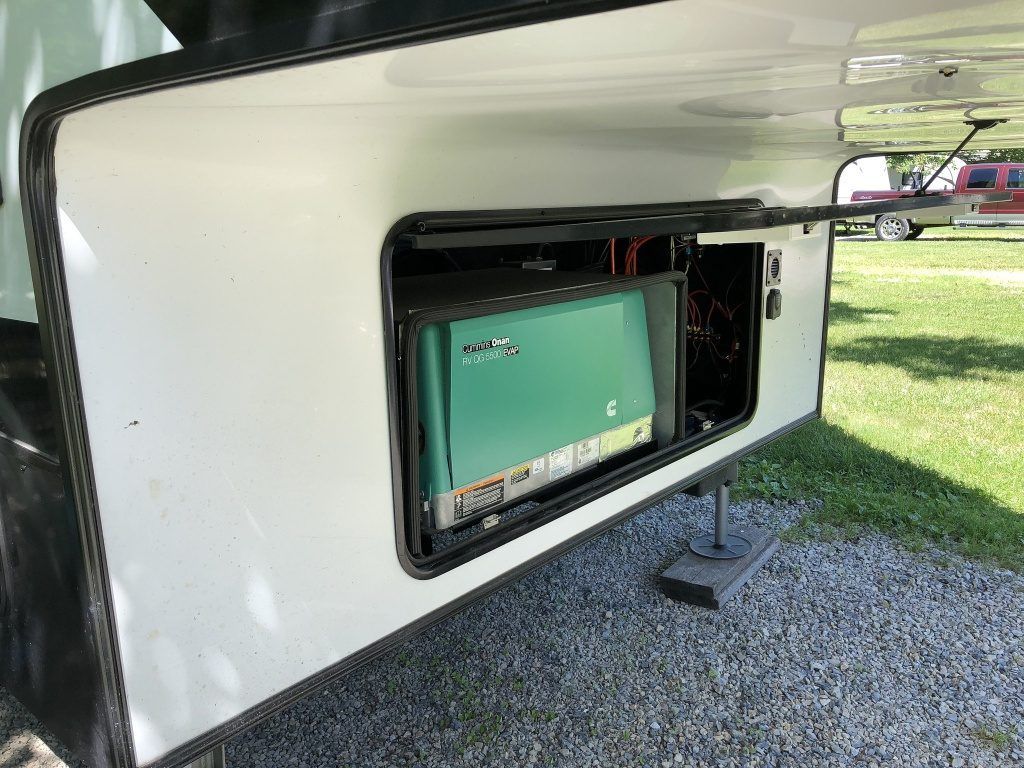
First and foremost, if there are quiet hours in-place, running your generator all night is not an option. Especially since it’s so easy to run a CPAP/BiPAP machine off of an inverter.
From the generator perspective, I cover them pretty extensively. By running the generator, most (if not all) outlets in your camper will have power. Just keep your machine plugged in like normal and you’re set.
But, even if there aren’t quiet hours, do you really want to spend the money on generator gas and hear it all night long if your CPAP/BiPAP machine is the only thing you’re running? Of course, if you run an oxygen concentrator then you don’t have a whole lot of options. But for those who just use a regular CPAP/BiPAP machine, an inverter is the better solution.
Inverter
The inverter isn’t the perfect solution as it is a bit inefficient to create 120v power from your 12v battery power. And since it is using battery power, your battery will only go so far. Back in my tent camping days, I found that I could only really get 1 night off of a car battery before we had to go for a drive the next day to recharge it. RV batteries can last longer. But, you might need to consider an upgrade.
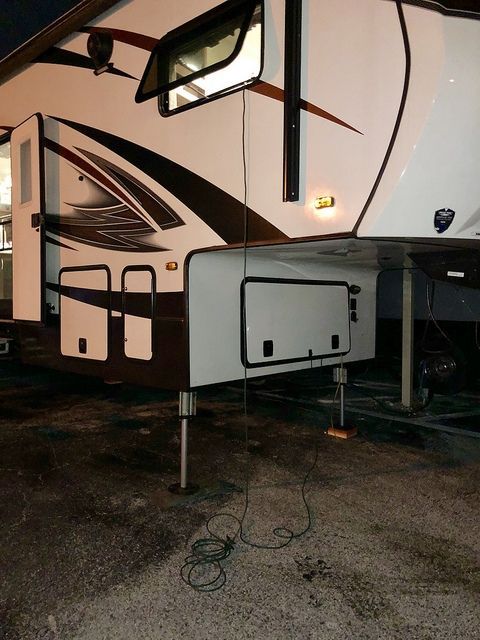
You can lessen the impact on your batteries by turning off the humidifier. The CPAP machine, at it’s simplest is a fan and it blows air into you. This isn’t hugely power consuming. The heater takes a good bit more – something on the order of 4 – 6 times the power!
I got away with 300W and smaller inverters. A pure sign wave is the best for the machine but I used modified sign waves inverters for a long time with my last machine lasting 5 years or more (it died when I spilled a large cup of water on it!).
Installation options for inverters range from a cigarette lighter plug like the one linked to above to whole house inverters. It can be as simple or as complex as you want. Install it to best fit your needs. Be creative: for a long time, I dealt with a wiring issue that meant I had to put the inverter in the truck and run an extension cord into the camper window!
But depending on how long you are boondocking, you may still need to recharge your batteries. Solar is a great option, but another investment. Or, running the generator.
